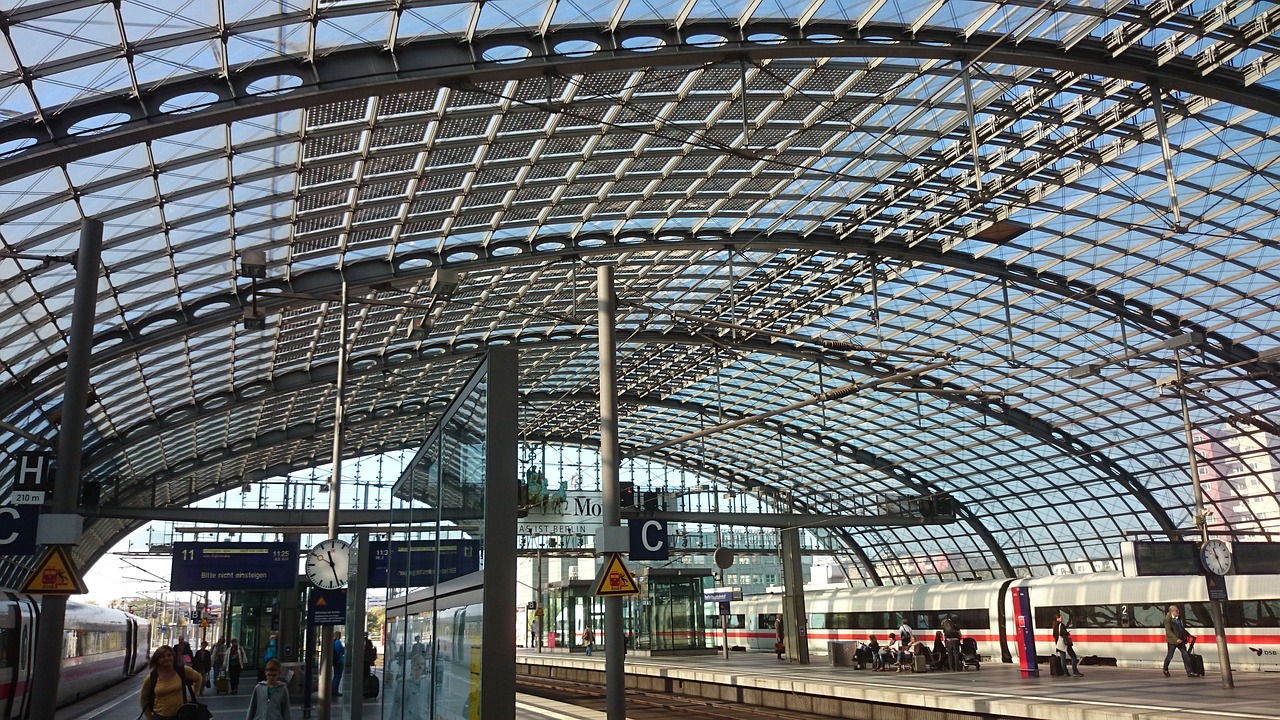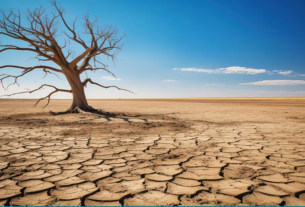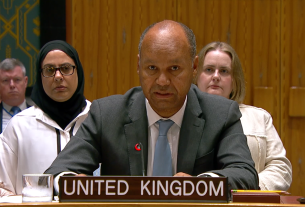Brace Yourself for Travel Disruption in France: Winter Will Be the Season of Strikes
As the winter months approach, France is bracing for a wave of strikes that will disrupt travel, public services, and the daily lives of many citizens. After a relatively quiet year on the labor front, the country’s workers are gearing up for a series of industrial actions set to intensify in November and December. With several key sectors planning walkouts, including transport, education, and energy, this winter is shaping up to be one of significant labor unrest.
The anticipated strikes come amid growing discontent with government policies, economic challenges, and longstanding grievances over working conditions, wages, and pension reforms. The French government, led by President Emmanuel Macron, is facing increasing pressure as labor unions and civil society groups mobilize in response to what they perceive as a lack of attention to workers’ needs.
Why Now? The Underlying Causes of the Strikes
While France has witnessed sporadic strikes in recent years, including the infamous Yellow Vest protests and strikes against pension reforms, this winter’s wave of strikes is shaping up to be particularly disruptive. Several factors have converged to spark this new round of industrial action:
- Pension Reforms:
One of the primary sources of discontent remains the pension reform, which the government has pushed through in recent years. While the reforms were enacted in 2020 and 2021, many workers still feel that the system is inequitable, especially for those in more physically demanding jobs or those working in the public sector. Despite government assurances, unions argue that the changes will result in reduced benefits and more uncertainty for retirees. - Cost of Living Crisis:
The cost of living in France, particularly energy and housing costs, has surged in the wake of global inflation. Many workers are finding it difficult to make ends meet, prompting calls for higher wages, better working conditions, and more comprehensive social protections. The energy crisis, exacerbated by the war in Ukraine, has added fuel to the fire, with many workers in public services, such as electricity and gas, preparing to join the strike wave. - Political Frustration and Macron’s Reforms:
President Macron’s government, despite its re-election in 2022, has faced significant opposition from various factions within the French public. Macron’s economic liberalization agenda, which includes reforms aimed at making France’s labor market more flexible and reducing public spending, has drawn significant criticism. Many feel that these reforms disproportionately benefit the wealthy and multinational corporations, while leaving ordinary workers to bear the brunt of economic challenges. - Transport Sector Disputes:
The transport sector is expected to be the hardest hit by the upcoming strikes. SNCF, the national railway company, RATP, which runs the Paris metro and bus systems, and Air France unions have all signaled their intention to walk out in the coming months. These industries, which are critical to daily life in France, will see major disruptions, especially during the busy holiday season. Unions in these sectors are demanding higher wages, better working conditions, and a halt to privatization efforts, which they argue would harm workers and the public alike.
The Strike Calendar: What to Expect
November and December will see a series of strikes and protests, many of which will target major cities like Paris, Lyon, and Marseille, as well as other key transport hubs. Here’s what we can expect:
- November 2024:
- SNCF Railway Strikes: Workers at SNCF are expected to stage a rolling series of walkouts, disrupting train travel across the country. The strikes will coincide with the Toussaint holidays (All Saints’ Day), a key period for travel in France, exacerbating the impact on commuters and tourists.
- Public Sector Strikes: Unions representing teachers, civil servants, and healthcare workers are planning protests to demand higher wages and better working conditions. These sectors have been under growing pressure, particularly after years of austerity and budget cuts.
- Energy Sector Strikes: Workers in the energy sector, especially electricity and gas, are likely to join the protests, demanding better pay and protections amid soaring energy prices.
- December 2024:
- Transport Strikes Intensify: RATP and SNCF are expected to coordinate their efforts for larger, more disruptive actions during the Christmas holiday season. Major rail disruptions and strikes in public transportation are expected to cause chaos for travelers, with disruptions to both domestic and international services.
- Airlines: Air France workers may also engage in walkouts, particularly in airport ground services and cabin crew, impacting air travel. Passengers could experience delays, cancellations, and long queues at major airports like Charles de Gaulle in Paris.
Public Reaction: Support and Criticism
As with any strike action, public opinion on the upcoming disruptions is divided. On one hand, unions argue that these strikes are necessary to defend workers’ rights and protect public services from further cuts and privatization. They contend that the growing inequality in France, coupled with the economic challenges faced by many workers, warrants stronger action.
On the other hand, many members of the public, particularly those dependent on public transport and essential services, may find the strikes frustrating. Commuters in Paris and other major cities are likely to face delays and crowded transport, which could affect their ability to travel to work or attend important events. Additionally, the timing of the strikes over the holiday season is likely to affect both domestic and international tourism, with travelers facing potential flight and rail disruptions.
The Government’s Response
The French government, led by Prime Minister Elisabeth Borne, has acknowledged the possibility of widespread strikes but maintains that the pension reforms and other policy changes are necessary to ensure France’s long-term economic health. The government has called for dialogue with unions but remains firm on its position, arguing that the reforms are designed to modernize the country’s social security system and ensure its sustainability in the face of demographic challenges.
However, President Macron’s administration has also warned that it will not back down in the face of opposition. “Reform is essential, and we cannot allow these changes to be stalled by protests,” said Macron in a statement earlier this year.
The Long-Term Impact
The coming strikes, especially in critical sectors like transport, healthcare, and energy, will have a significant impact on daily life in France. The economic cost of these disruptions could be substantial, as businesses, tourism, and public services are all affected.
In the long run, these strikes are likely to fuel an ongoing debate about the direction of France’s economic policies and labor rights. While some may see these strikes as a necessary pushback against government austerity, others may view them as counterproductive and damaging to the French economy.
Conclusion
France is entering what could be a turbulent winter, with widespread strikes expected to cause major disruption in key sectors. The transport sector, in particular, will see major walkouts, impacting both domestic and international travel. Whether or not the strikes will force the government to reconsider its policies remains to be seen, but they highlight the growing dissatisfaction with the direction of President Macron’s reforms. As the strikes unfold, it is clear that France’s labor movement is gearing up for a fierce winter of discontent.



